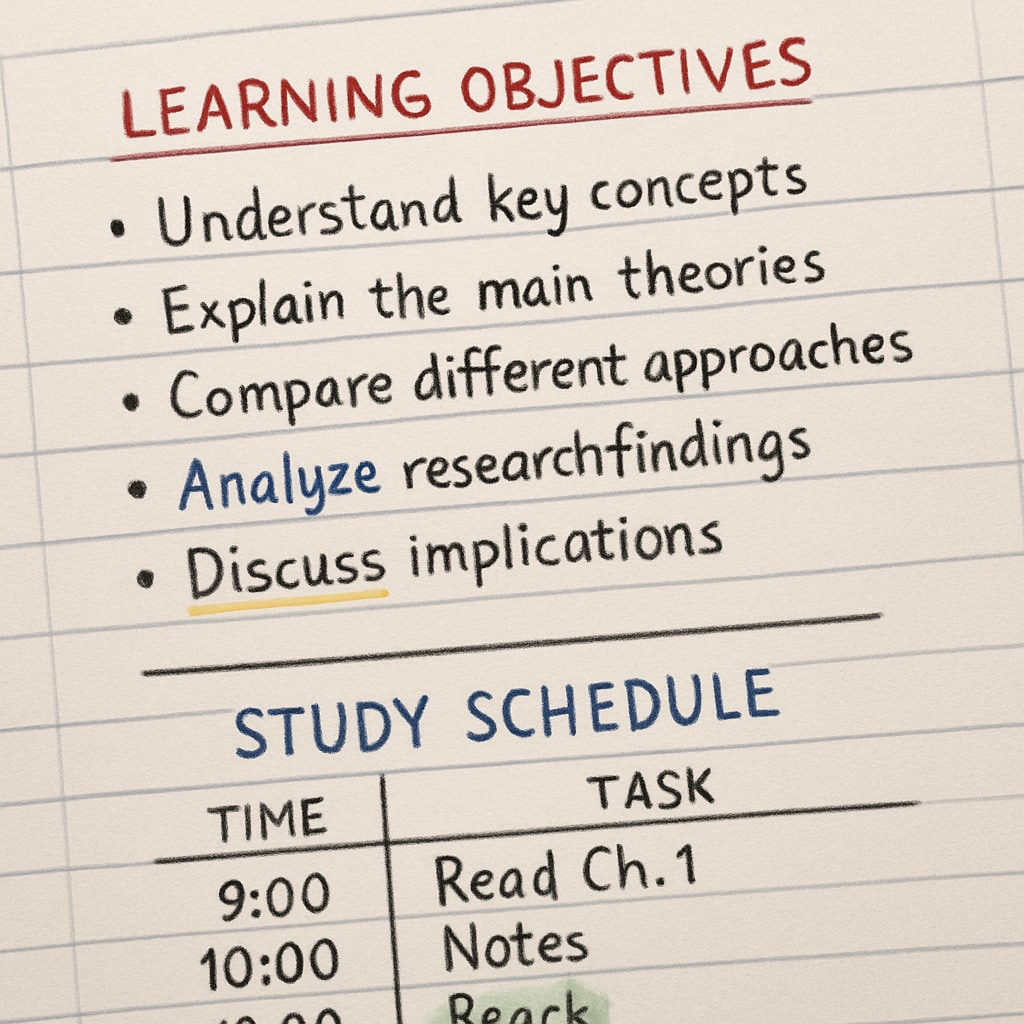Educational gaps, foundational knowledge deficits, and persistent learning difficulties represent common challenges for adults who missed critical childhood instruction. Research from the National Center for Education Statistics shows 43% of adult learners struggle with core academic concepts typically mastered before age 16. However, strategic approaches can successfully rebuild these missing building blocks.
Identifying and Mapping Knowledge Deficits
The first step involves systematic assessment of missing competencies. Create a learning inventory across key domains:
- Mathematical operations (fractions, percentages, basic algebra)
- Scientific literacy (biology, chemistry, physics fundamentals)
- Language mechanics (grammar, composition, vocabulary)
- Historical and geographical frameworks

Structured Learning Approaches for Core Subjects
According to educational psychologists, adults acquire foundational knowledge most effectively through:
- Spaced repetition techniques
- Contextual learning applications
- Multisensory instructional methods
- Deliberate practice with feedback loops
For mathematical concepts, begin with diagnostic tests to pinpoint specific weaknesses. Online platforms like Khan Academy offer progressive learning paths that adapt to individual skill levels.
Building Sustainable Learning Habits
Consistency proves more valuable than intensity when addressing educational gaps. Implement these evidence-based strategies:
- Daily 30-minute focused study sessions
- Learning journal to track progress
- Peer study groups for accountability
- Real-world application exercises

Psychological barriers often accompany knowledge gaps. Cognitive behavioral techniques can help reframe negative self-perceptions about learning capacity. Remember that neuroplasticity allows brains to develop new competencies at any age.
Key Takeaways: Addressing educational deficiencies requires systematic assessment, targeted instruction, and deliberate practice. With proper methodology, adults can achieve mastery of foundational concepts typically learned during childhood education.


